Quality Rating 2: Implementation
Instructions
To meet the requirements for Developmentally Appropriate Learning and Practice: Implementation: DAP 6.2 (School-Age Only: DAP 5.2), your daily schedule and lesson plan should clearly show:
- Opportunities for children to participate in whole group, small group, and individual learning experiences
- Adequate time to transition between activities
- Opportunities to participate in literacy and reading activities
Daily Schedule and Recent Lesson Plan (within the last 6 months)
Consistent schedules and routines help children feel safe in environments that are predictable. Children can move through their day with confidence knowing their needs will be met and they will have many opportunities to play and learn, rest and relax, and be with others.
Learn tips for creating an effective daily schedule and planning for transitions in Enrichment Resources.
What does the documentation look like?
Like children, no two programs follow the exact same schedule with the same activities and routines. But, all quality programs follow schedules and routines that meet the individual needs of children and include key ingredients like:
- Activities that match the children’s individual developmental levels and needs
- A balance of whole group, small group, and individual activities
- Time to transition between activities
- Connections to a child’s Individualized Family Service Plan (IFSP) or Individualized Education Program (IEP) as appropriate
- Opportunities to participate in literacy and reading activities
Activities Informed by a Child’s IFSP/IEP
Individualized Family Service Plans (IFSPs) and Individualized Education Programs (IEPs) provide guidance on ways to meet the needs of individual children with special needs. Remember you are a critical member of the team that helps put these plans in action. Your daily schedule or lesson plan is evidence of the important role you play in supporting a child’s progress toward the goals outlined in these documents.
What does the documentation look like?
Your daily schedule or lesson plan clearly show ways information from a child’s IFSP or IEP is part of typical routines and activities. Some examples include:
- Use of specialized equipment (examples: chubby crayons, pencil grips, magnifying lenses, or hearing devices)
- Opportunities for a child to practice targeted skills (examples: speech sounds, fine motor skills, or independent/self-help skills)
- Opportunities for peer-to-peer interaction (examples: reading a large print book together, free choice activities, or outdoor play)


